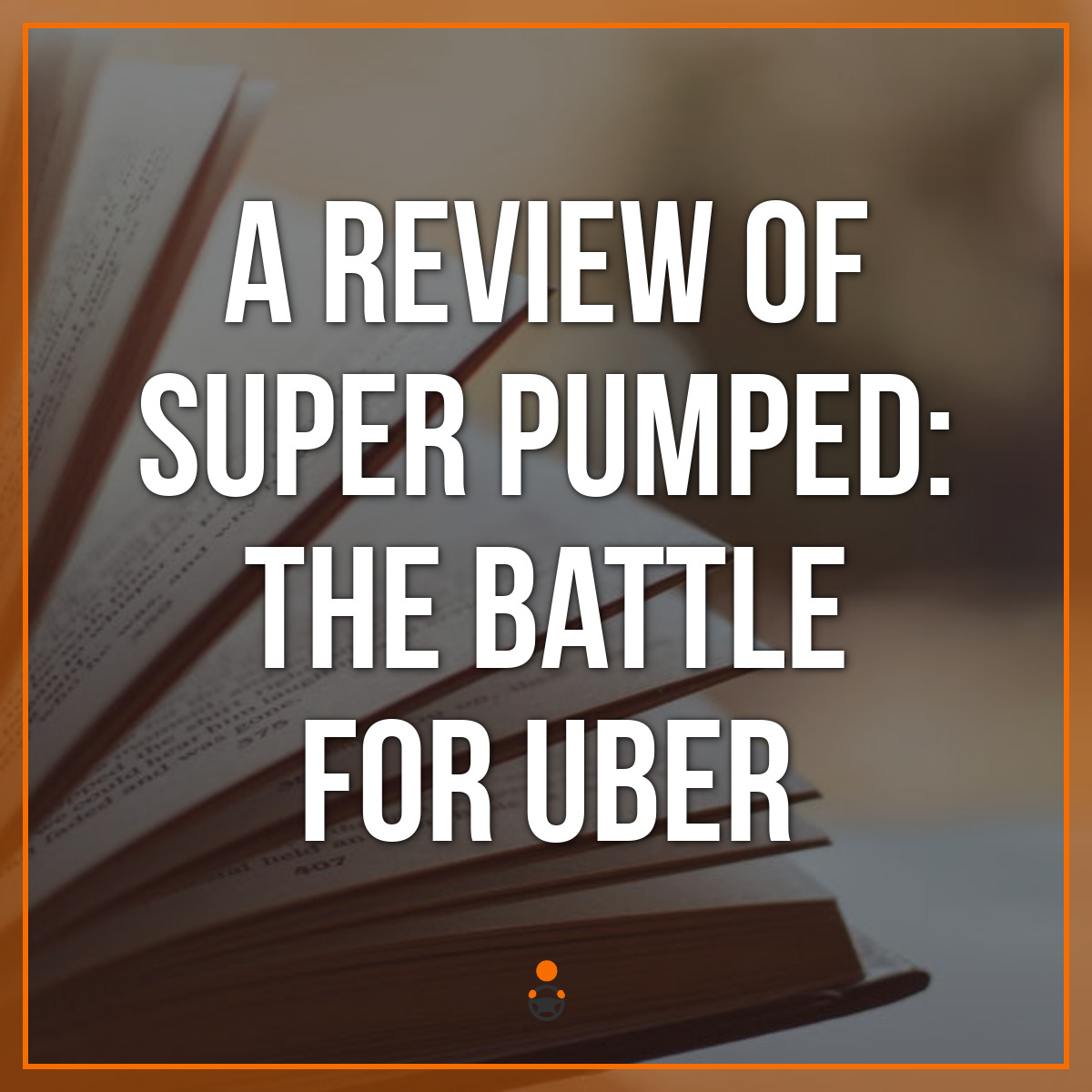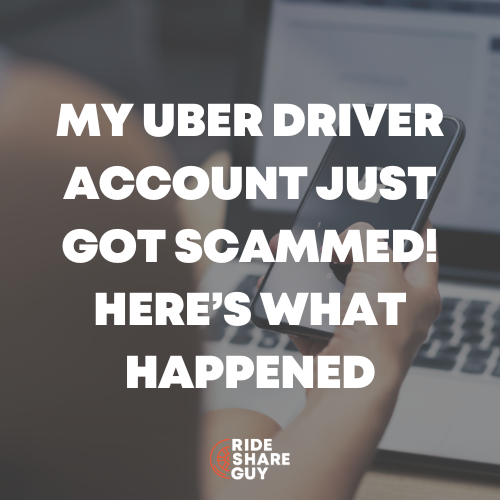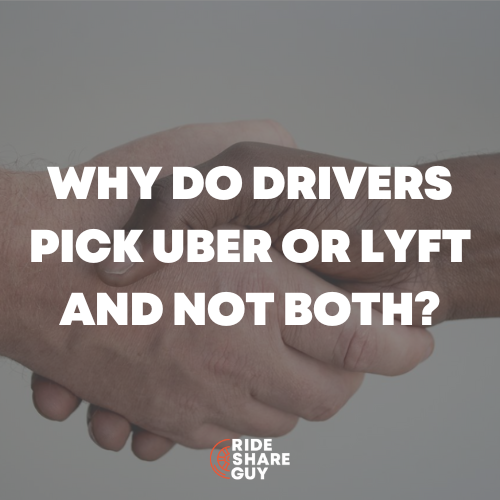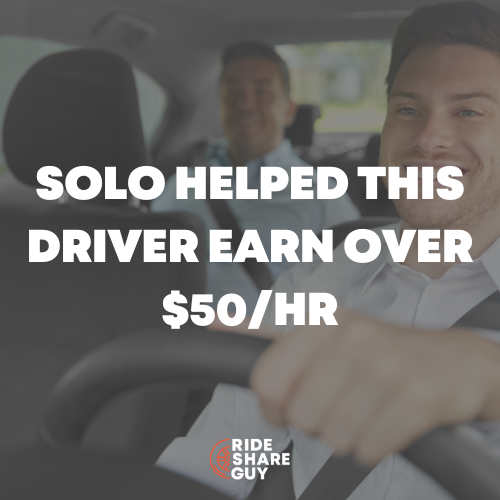If you’ve been watching Uber over the last few years, you may have had questions about its toxic culture, almost-worship of top leadership, and brass-knuckles tactics it used to overcome obstacles. In Super Pumped: The Battle for Uber, author Mike Isaac answers these questions and more. Senior RSG contributor John Ince reviews Super Pumped, including what it got right and what it left out, below.
Midway through the reading of Super Pumped: The Battle for Uber by Mike Isaac, I caught myself. I realized that I wasn’t just reading a book for the purpose of reading a book. I was also reading it because I had to write a book review on it. That’s when I realized this is a good read.
Super Pumped is like that book that you wanted to read but couldn’t because it didn’t exist yet. It puts everything there, and does it in a way that makes you feel you are there – almost. It gives you characters, perspective and a plot.
Interested in reading Super Pumped? You can purchase it using our affiliate link through Amazon here.

The Characters Behind Super Pumped
Let’s take the characters first. We’ve got the protagonist – Travis Kalanick, the former CEO of Uber. His character has been molded by his experience with Michael Ovitz, one of Hollywood’s most important characters. Ultimately, after Ovitz has sued him, Travis is a changed man. He’s on his way to becoming a revenge artist who starts a company called Red Swoosh. The timing isn’t great, but the cards end up working out and he sells Red Swoosh and has some money to play with.
Enter character number 2 – Garret Camp, co-founder of Uber. Garret Camp has a cool idea for a company and convinces Travis to run the company. It’s basically a taxi company for rich people with a few GPS wrinkles. You get the idea.
So Travis Kalanick is running the company, with a guy from Chicago named Ryan Graves doing all the stuff he doesn’t want to do. They’re working out of the headquarters of First Round Capital, with Rob Hayes, one of the first people to invest in Uber, and doing all the things that companies do when they’re getting started. They’re hiring people and then suddenly they get a cease and desist notice, threatening them all with prison time and Travis Kalanick simply says …. “We’re going to ignore it.”
This is how legends are made. I think.
A Darn Good Read
From there it’s a pretty good read. They hire people who think they’re Travis Kalanick, like Uber’s New York manager, Josh Mohrer.
Mohrer leans hard on people-browbeating them when he needed to. Never accepting excuses. And he loved to fight, important in a city with one of the largest transportation unions in the world. Mohrer would pit employees against one another to see who could impress him or deliver better – a tactic espoused by Kalanick himself. Subtle intimidation of his underlings often meant flicking at their flaws like inspecting their receding hairline of an employee as they tried to discuss a project with their boss.
Then there was the Greyball thing, which made cops feel stupid, and the thing in Portland that makes law enforcement people feel even more stupid. And suddenly we’re full bore on a spy thriller that has all the elements of a great story. We have the Susan Fowler letter, which had us on the edge of our seats.
She had no idea what would happen after she hit publish, if anything were to happen at all. Susan Fowler gave one last look at the words on the screen, “Reflecting on One Very Strange Year at Uber” the title of the post read. She took a breath.
Publish
Travis woke up to a phone on nuclear meltdown. Within hours, the link to Susan Fowler’s blog post had been shared internally across private messages and chat rooms hundreds of times with ire, excitement, confusion. It was raining in San Francisco that morning, but Travis Kalanick was in Los Angeles. Groggy he began returning the flood of calls that had come in from Uber’s top executives …
And then we have the part about the venture capitalists (VCs), trying to get their way. The VCs also seem to think Travis is a bad guy and they want to get rid of him – but then Softbank steps in and becomes a big player. All of this leads us to the Uber we know today.
You can get the audio version of Super Pumped for free when you sign up for an Audible free trial here.
What’s Missing from Super Pumped?
Okay.
So what am I supposed to think about this?
Well first, I think it’s a darn good book. The author has used his words well and has put everything in order. Well, he put everything in order except for one big thing: the people who made this company, the drivers. There was something missing from the book – what about the people who were doing the work?
I suppose that if you’re writing for The New York Times, you write about the things that were a part of your life – the matters that had to do with who’s going to run the company. But what about the people who were taking people from A to B?
I suppose when Travis was filmed berating a driver, that incident gave rise to matters that actually did make a difference – about Travis Kalanick and his inner demons. But if I’m writing this book, which I’m not, I’m giving the drivers the top billing. As best I can tell, there’s only one place in this book where Isaac talks about the drivers:
“Kalanick had no sympathy for drivers or their bills – vehicle wear and tear, medical insurance, among many others–and classified them as all 1099 freelance workers. The entire business model was based on Uber minimizing the company’s responsibility over its drivers.
Drivers did find a way to push back. They formed unofficial unions and used forums like UberPeople.net to congregate, share information and organize walkouts and other protests. Harry Campbell an aerospace engineer who drove for Uber and Lyft on the side, started a personal blog to document tips and insights. He called it The Rideshare Guy. Drivers were starving for more help and support from Uber and instead they found it amongst themselves.
Overall, it’s a good book. I’ll give the author credit there, but in the end, it’s the drivers who made this company – and we don’t get a lot here about them.
Do you think you will read Super Pumped: The Battle for Uber?
-John @ RSG




